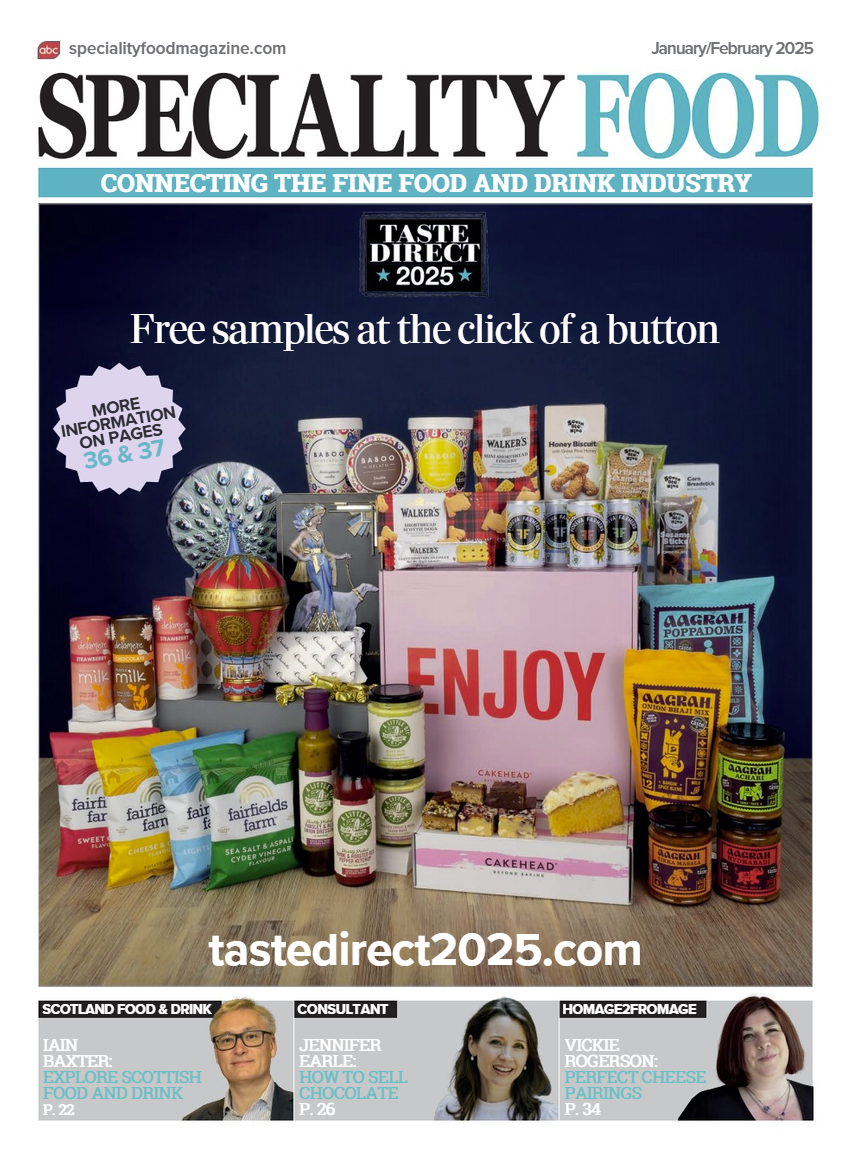“What are the Brexit brands?”

- Is our café a hero or a villain?
- “The battle for optimism and morale in retail”
- “Sustainable confusion”
- “What to do about January?”
- “Is the Christmas boom sustainable?”
Following our recent Brexit experience it has been suggested that certain brands appeal to Leave voters and certain brands to Remain supporters, revealing a deep difference in cultural identity across the country. The thinking behind this is that those brands that appear to be down to earth, offer good value, are traditional, straightforward, simple and friendly will be bought by those whose preference has been to leave the European Union.
On the other hand, those that appear progressive, up to date, visionary, socially responsible and intelligent will be sought out by those who see the future of the Country within the European Union. I do not think that the two lists of brand qualities are mutually exclusive for a start, and if I was a brand manager I would aim for my product having all of the above qualities. This is probably why I have never been employed as a brand manager.
In today’s modern world of highly competitive retailing, often the basic instincts are to try to sell all things to all people hopefully while neither breaking the law nor suffering a total loss of dignity. It is easy to be lured into the debate of stocking certain products on the basis that they sell well and are popular, a classic example being cigarettes. There are many other entrepreneurial instincts in play, of course, when running a speciality food shop, but setting all that aside, which brands fall into the Brexit category and which fall into the Remain category?
The top brands for the Brexiteers featured in the article were HP Sauce, Birds Eye, Cathedral City, PG Tips and Richmond Sausages. Unfortunately no food brands were suggested for the Remain voters, which is a pity because I would have been interested to learn which visionary, progressive and intelligent brands appeal to them. Also, examining the Brexit Brands, nearly everyone buys HP Sauce from time to time – it is one of those Tabasco-type products where lots of people have a bottle or jar in the cupboard just in case. And nor does this mean that high streets will witness a stampede of customers buying PG Tips, Birds Eye and Richmond Sausages, either. So does the article have any relevance to actually selling the brands? There is one obvious plus following a thought provoking article, in that any collective mention of food brands in the news encourages us to examine what brands we actually do sell. Which products really are the best-sellers and bring us the most customers? As the art of buying is highly subjective, any list of best sellers for an individual shop will also be highly subjective, but it is always an interesting and frequently surprising experience to find out what we actually sell as opposed to what we display and talk about and spend a lot of time thinking about.
Unsurprisingly on the list of grocery best-sellers for us are the usual suspects such as Walkers, Clarence Court, Rhug Estate, good old Partridges own label, Charbonnel & Walker, Pepperidge Farm, Wilkins, Twinings and Evian to name but a few. As our best- selling groceries are basically traditional brands, they would be more likely to fall into the Brexit camp on the assumption of the article I read (and much to the horror of many of the actual brands, I would suspect). However, what of the Remain products – those regarded as progressive and visionary and up-to-date? Where would they feature on the list? We do actually have a category of products that we call Startisans, which groups the smaller start up and artisan brands together. They would be among the Remain brands I would suggest, and it is very interesting to note that they are slowly working their way up our best-sellers lists. They may not be well known today, but perhaps they will become the traditional brands of the future. Abernethy Butter, Hastings Lemon Ketchup, Choi Time Tea, the Giribizzi Range, Kold Cocktails, Lavolio, Hiver Beer, Woodford & Warner and Cru Café are some of the more successful brands. Yet, ironically, they are the type of brands that some have predicted will be the worst affected by Brexit. The discretionary products are usually more affected by economic difficulties than the staple products. However, hopefully these new stars will become household names one day in their own right and long outlast the Brexit fallout. So let’s keep buying them!
more from Expert Eye
-
“2019 and all that”
16 October 2019 Expert Eye"Over the past 47 years, and since Partridges first started trading, the year 2018 has proven to be one of the worst!" -
“The multi-sensory deli”
06 September 2019 Expert EyeEver since I started working in food shops – some 16,790 moons ago – it has always been impressed upon me that the three most important aspects of a successful enterprise are location, location, location. -
“The Costa Del Shop 2019”
20 August 2019 Expert EyeEver since I started working in food shops – some 16,790 moons ago – it has always been impressed upon me that the three most important aspects of a successful enterprise are location, location, location.

